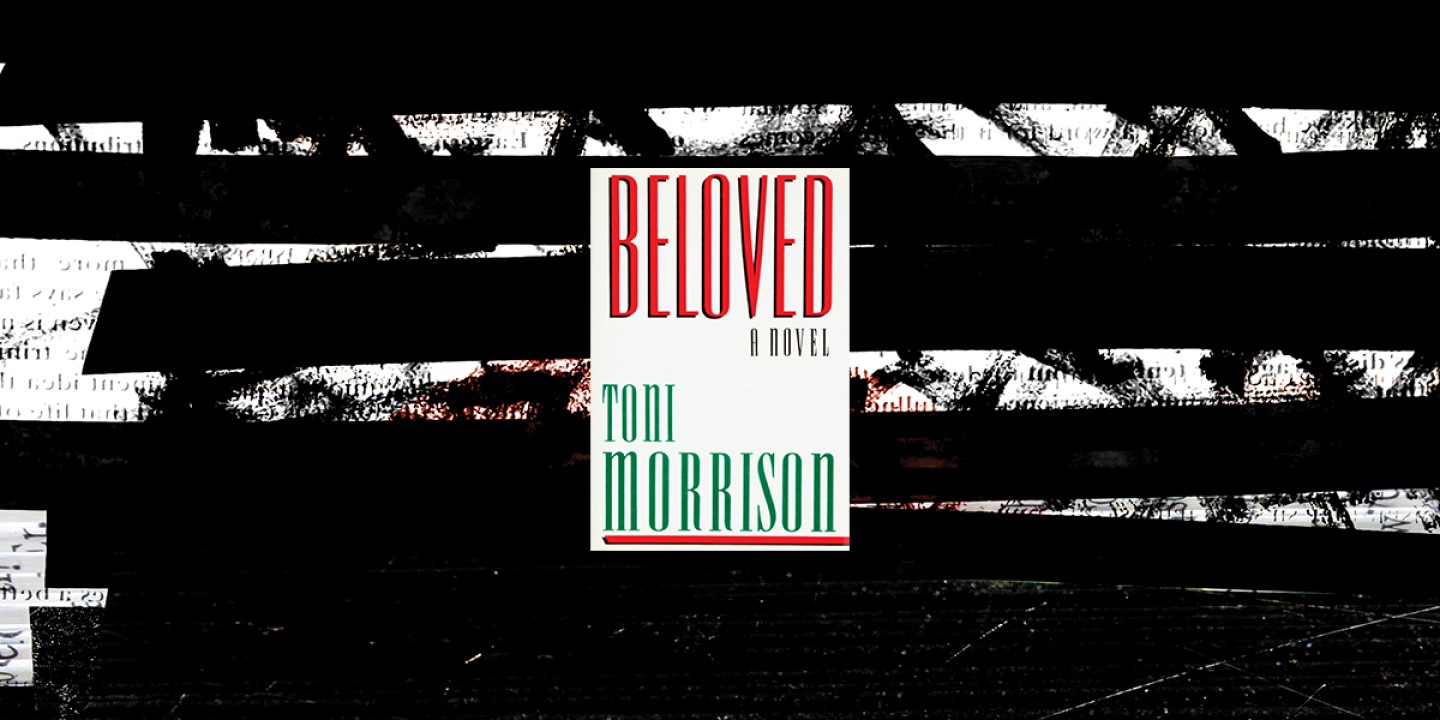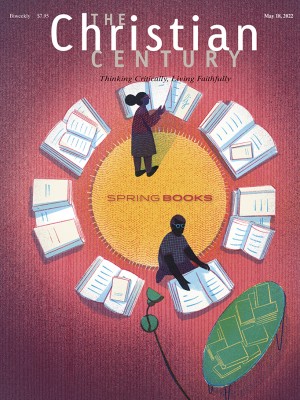
Toni Morrison’s Beloved, one of the most celebrated books in American literature and one of the most frequently banned, is a book about reckoning. The main characters are haunted by an unspeakable event that occurred many years before: Sethe, a woman who escaped from slavery, killed her own daughter in order to prevent her from experiencing the horrors of enslavement. That child, the toddler that Sethe killed so that she would not have to live the unlivable, now haunts her mother’s household with a fury that no one can name or put an end to.
It’s a terrifying story. When a Virginia parent complained recently that her son, a high school senior, experienced “night terrors” after reading Beloved, I wanted to congratulate the woman on having raised such a profoundly sensitive son. Here was a person who could feel the horrors of that book in his own body and soul. What a gift. If he could feel that, then maybe there is hope for all of us, as we try to reckon with American history, with slavery and the world it bequeathed to us. As a culture, we are going through a period of important retelling. Haunting us is a question of reckoning: Can we rebalance the books? Should we even try? Maybe this young man’s feelings could be drawn into the account balances. Morrison and this reader, I thought, were actively helping us to reckon.
Read our latest issue or browse back issues.
That’s not how his mother saw it, of course. She wanted the book banned from schools so no other child would have to experience what hers did. This recalls Morrison’s own words when she wrote that attempts to ban Huckleberry Finn were “a purist yet elementary form of censorship designed to appease adults rather than educate children.”
But this assessment is too mild in the case of Beloved. What that Virginia mother wanted was to escape the reckoning of history—and Beloved is all about the impossibility of that desire. I can almost feel Morrison saying to her, “I understand you, sweetheart. I understand why you want out of this story. But none of us can escape it.”
Reckoning—in both private and public forms—has two distinct parts. One is the oldest meaning of the word in English: an accurate and complete storytelling. As Americans grapple with our history, this is something we’d rather not do. Witness the endless debates about what to include in history classrooms and what to leave out. Morrison’s word for ignoring the parts of the story we don’t want to tell is disremembering. We disremember when we choose to elide a complete story. Disremembering leads us to be haunted by our history and prevents us from moving forward.
The other part of reckoning has to do with both numbers and justice, with a different kind of accounting. We reckon when we add up what’s been spent and balance it against what’s been earned. This management of the scales of justice is expressed in Exodus as “an eye for an eye.”
The Bible combines these two concepts into the ancient idea of a day of reckoning. On this day, at some time in the future, the full story will be told, and God will balance justice with injustice once and for all. All will be accounted for.
In Beloved, however, the day of reckoning isn’t the sought-after prize. All Sethe needs is the ability to live another day between the “nastiness of life and the meanness of the dead.” In order to do that, she needs forgiveness. Can Sethe’s daughter, known as Beloved, forgive her for ending her life before it began? Can Sethe forgive herself for surviving the unsurvivable? If she can’t, then she also cannot go on living. For a good portion of the novel, her failed strategy is the same one that perhaps plagued the mother in Virginia who wanted to ban Beloved: “The future was a matter of keeping the past at bay.”
But that is not where Morrison is ultimately headed. Beloved takes her name from Paul’s letter to the Romans: “I will call them my people, which were not my people; and her beloved, which was not beloved” (Rom. 9:25, paraphrasing Hosea 2:23). This is in a passage in which Paul is trying to retell the story of the people of Israel in a way that is more expansive than he has previously been able to imagine. He is trying to widen the scope of God’s mercy in his own understanding and in the understanding of the community in Rome in order to draw together what has previously been torn apart. He is trying to get to a full accounting, and it is not easy.
At the very end of Beloved, the murdered child is still roaming, wondering about her place in things, wondering if her story can be passed on or whether it has to be forgotten. Beloved is “disremembered and unaccounted for.” “She cannot be lost,” Morrison writes, “because no one is looking for her, and even if they were, how can they call her if they don’t know her name?”
This is the challenge of the novel: to name the unnameable and make an account of the unaccounted for. In other words, to reckon. We do this work for the future. As Paul D says to Sethe in a tender scene in which he tries to offer her the forgiveness she seeks, “Me and you, we got more yesterday than anybody. We need some kind of tomorrow.”







